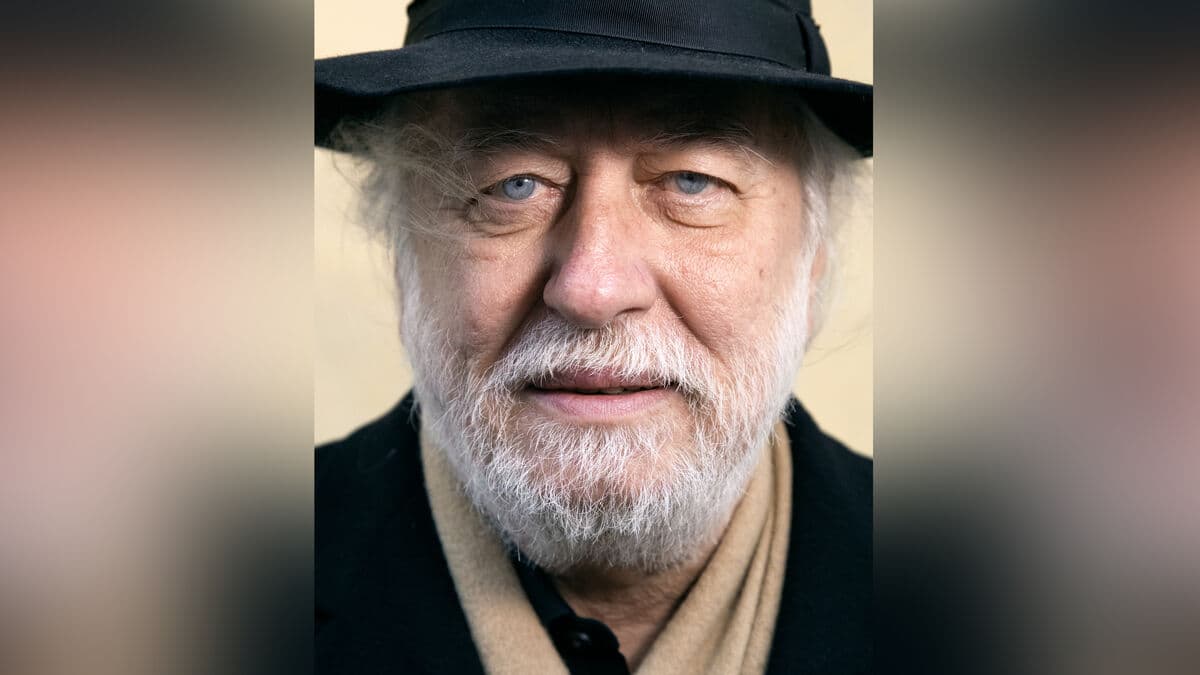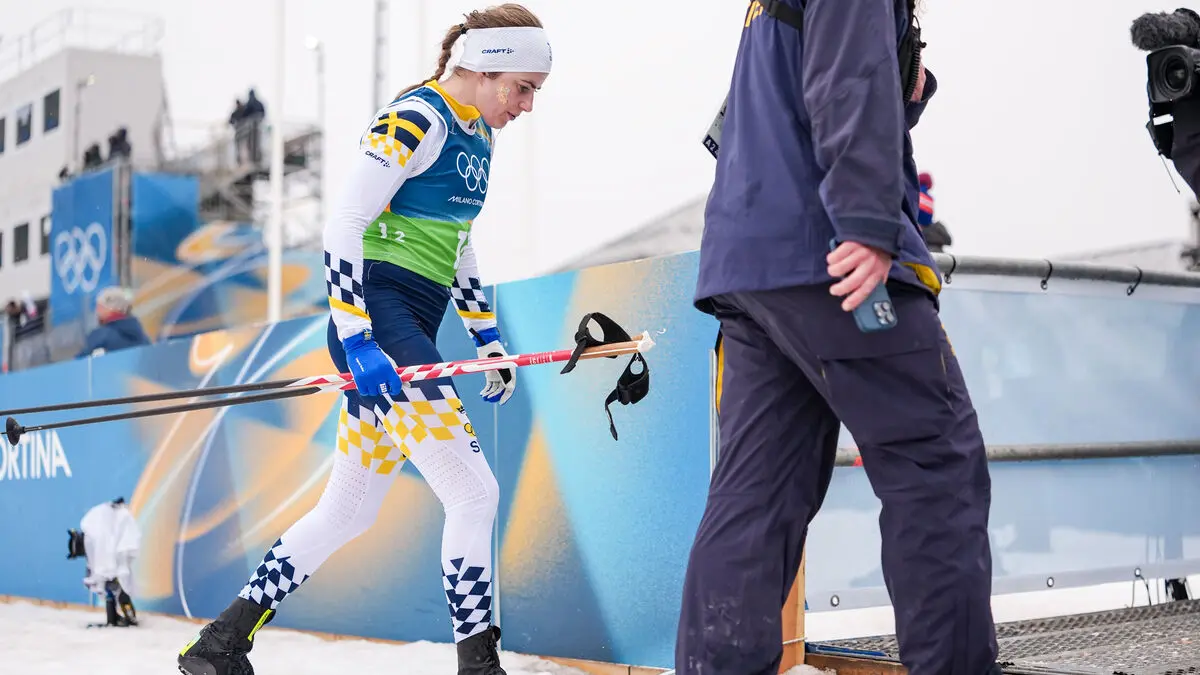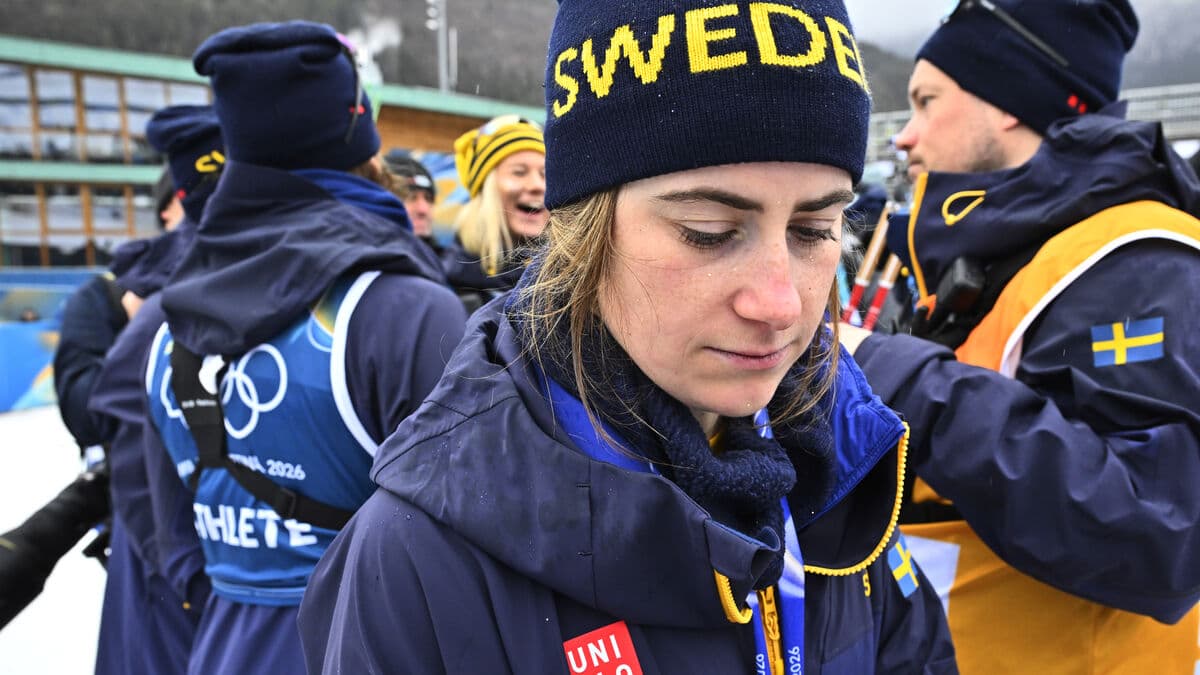On László Krasznahorkai's English Wikipedia page, it says: "known for difficult and demanding novels, often called postmodern, with dystopian and melancholic themes." It may not be the most inviting description – but at the same time relatively truthful. Lászlo Krasznahorkai's authorship is still accessible – and fun – objects his Swedish translator Daniel Gustafsson.
He has a drive in his stories, they are not abstract stories, when you once get into these masses of text, it's easy to get stuck, he has a kind of direct contact with the language, besides he has humor – black humor. But also pure situational comedy, says Gustafsson.
In the novel "Seiobo down there" the stories are arranged according to the mathematician Fibonacci's mathematical number series from the 13th century, numbered from 1 to 2,584. "The melancholy of resistance" is about a mysterious circus that brings chaos and destruction to a Hungarian small town.
"Endlessly fun"
But most known is Krasznahorkai still for his debut novel "Satantango" permeated by the motto "The devil always has the most fun". It's a book that takes place over a few days, in constant rain. Most things fall apart around the small group of people who are at the center of the story, the houses rot and everything and everyone smells bad. It's drinking and dancing – waiting for a strange savior figure named Irimiás. Maybe he's the devil himself.
"Endlessly fun, very beautiful, and sometimes exciting like a detective story", wrote Jens Christian Brandt in an enthusiastic review in Dagens Nyheter.
Interviews with the Hungarian author also confirm the image of a person with a good portion of humor. In an interview with The Economist in 2015, he explained his view of man as divided between good and evil.
On Mondays, Wednesdays, and Fridays, I see the positive side and on Tuesdays, Thursdays, and Saturdays, I see the terrible side of people. And on Sundays, I rest.
"No hope left"
The political leadership in his home country, however, does not perceive him as fully as fun. In an interview in Svenska Dagbladet earlier this year, László Krasznahorkai said that there is no hope left in Hungary and soon got a response. Zsolt Bayer, one of the founding members of the ruling party Fidesz, thought that Krasznahorkai's observation was on a par with an average Facebook comment.
Daniel Gustafsson has also translated Krasznahorkai's compatriot Peter Nádas, but thinks that the Swedish Academy chose to give this year's Nobel Prize to the "right" Hungarian.
– Even if Peter Nádas was my way into Hungarian literature once, Krasznahorkai has been more fun and more inspiring for me to translate. There's something about his language and his total sense of rhythm and momentum.
Sara Ullberg/TT
Erika Josefsson/TT
Fact: László Krasznahorkai
(TT)
Born: 1954 in Gyula in Hungary.
Background: Studied law, Hungarian and literature at the university. Made his debut as an author in 1985 with "Satantango", which became a great success. Quickly became known for his uncompromising style. Did not leave his home country until 1987, but has since lived in several other countries. In the 1990s, he spent long periods in Mongolia, China, and later Japan.
Has received numerous literary awards previously, including the Man Booker International Prize 2015 and the America Award 2014. Was nominated for Kulturhuset Stadsteatern's international prize for his latest novel "Herscht 07769".
Books in Swedish: "The melancholy of resistance" (2014), "Satantango" (2015 – 30 years after the debut in the original language), "Seiobo down there" (2017), "The last wolf" (2020), and "Herscht 07769" (2023).
Movies: For many years, he has collaborated with the Hungarian filmmaker Bela Tarr, whose film "The Turin Horse" (2011) is based on Krasznahorkai's manuscript. Tarr has also filmed "Satantango" (1994) in a seven and a half hour long version and "The melancholy of resistance" in "Werckmeister harmóniák" (2000).
Theater: 13/9 2025 had "The melancholy of resistance" premiere at Dramaten in Stockholm in adaptation and direction by Ulla Kassius.






